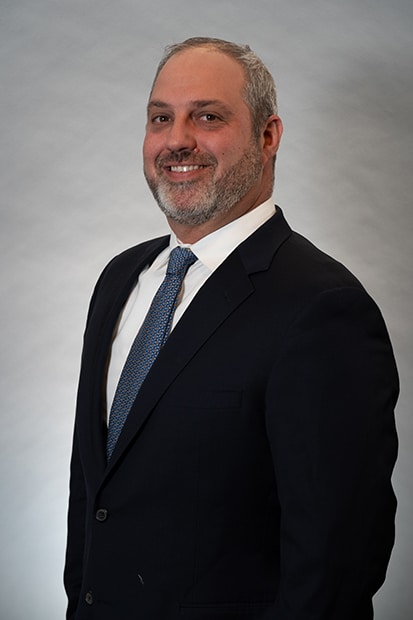What to Do When You Suspect Your Child Has Been Abused in School
 Traditionally, the term “abuse” in the school setting has been associated with sexual misconduct, but abuse actually comes in all different forms. Child abuse can be categorized in the following groups: physical abuse, sexual abuse, emotional abuse, and child neglect. Child Help is an organization that has put out studies demonstrating that 28.3% of adults report being physically abused as a child; 20.7% of adults report being sexually abused as a child; and 10.6% of adults report being emotionally abused as a child.
Traditionally, the term “abuse” in the school setting has been associated with sexual misconduct, but abuse actually comes in all different forms. Child abuse can be categorized in the following groups: physical abuse, sexual abuse, emotional abuse, and child neglect. Child Help is an organization that has put out studies demonstrating that 28.3% of adults report being physically abused as a child; 20.7% of adults report being sexually abused as a child; and 10.6% of adults report being emotionally abused as a child.
While physical signs of abuse and neglect may be obvious to recognize by a parent, some signs of abuse often go unnoticed and/or unassociated with abusive and neglectful conduct. Behavioral problems such as running away, regression to a more childlike state, and extreme avoidance to physical contact can be attributed to sexual abuse, while fatigue and clinginess can demonstrate signs of neglect. Most common across the spectrum of abuse is a sudden change in the child’s general behavior.
In the District of Columbia, the Child and Family Services Agency is responsible for overseeing abused and neglected children. Generally speaking, CFSA responds to complaints pertaining to abuse and neglect within the household, but if you are suspicious that your child is a victim of abuse and/or neglect, you should report such conduct to CFSA and the Metropolitan Police Department. In the State of Maryland, the Department of Human Resources directs you to contact your local department of social services and your local law enforcement agency immediately.
In the event that your child has been the victim of abuse and neglect, you may be staring uphill at a long road to recovery. While the appropriate government agencies may assist you in identifying counsellors and caregivers to help your child, you may also wish to consult with an attorney. It is important to remember that your child has rights that need to be protected and the legal system does afford a pathway to help you move forward with your child’s road to recovery.

Matthew A. Nace focuses his practice in the areas of medical malpractice, personal injury, trucking litigation, wrongful death, and other negligence cases. Read more about Matthew A. Nace.
